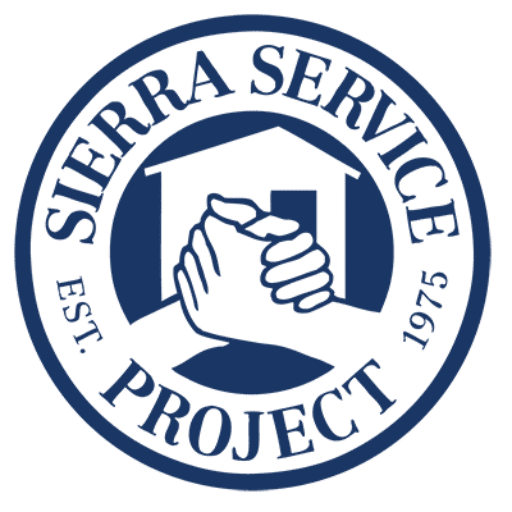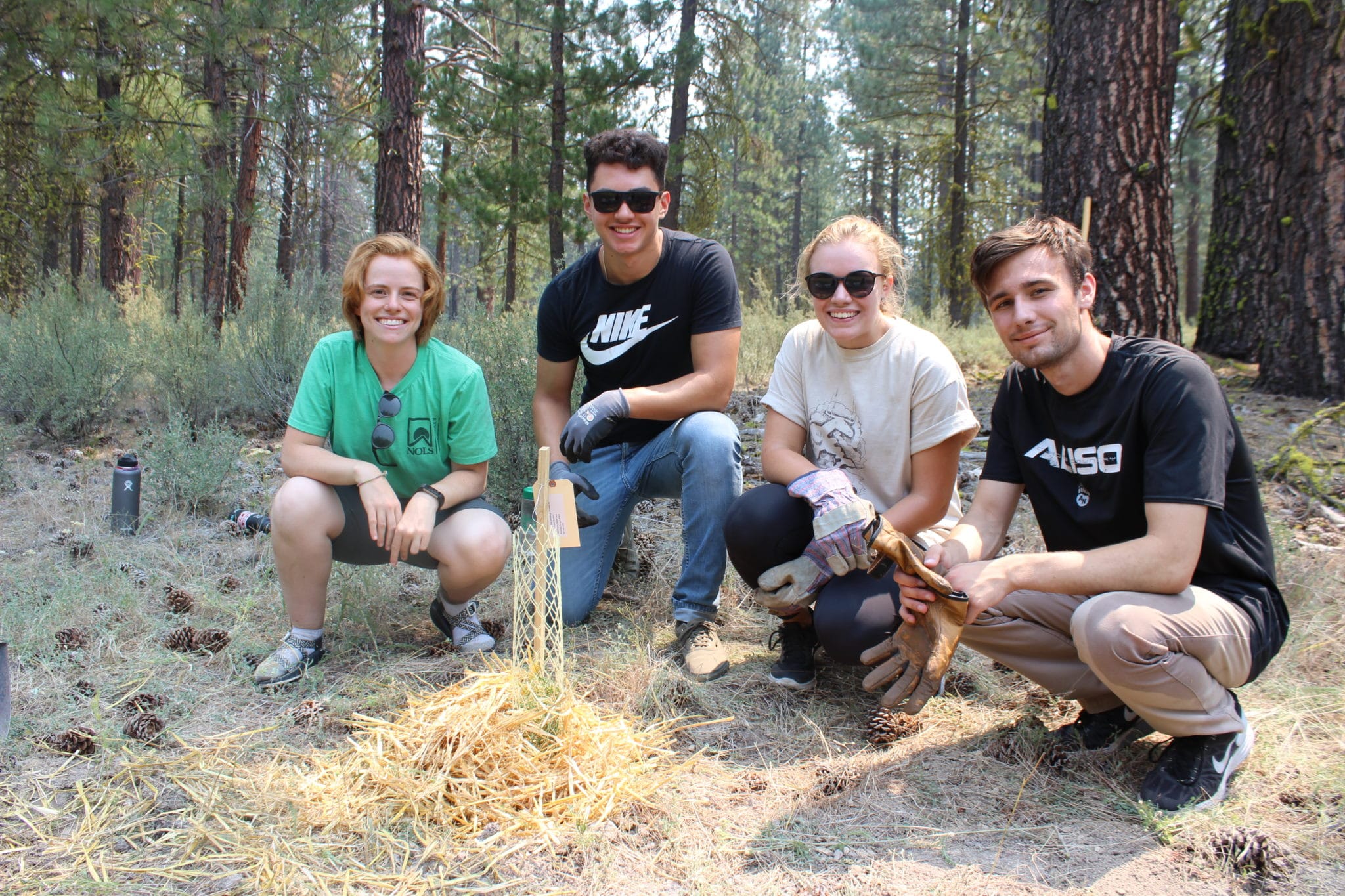By Cseca Gazzolo, 2018-2019 Staff Alumna
On Good Friday, we stared death in the face. Like wheat scattered from the chaff, we dodge one another on park paths and in grocery store aisles, smiling or staring suspiciously from behind masks. Hand sanitizer stings the nicks from chopping vegetables for a home-cooked meal, and we are running out of recipes. The news warns of a long wait. With hospital beds over-crowded, test kits rationed, essential workers collapsing at their jobs, and the economy that depends on them collapsing with its own straggling breaths, this is far from over. The air is stale.
Funerals are always somber, but now they are lonely. The bereaved cannot comfort one another; they can only look on from behind a car window as their loved ones are lowered into the ground, murmuring a Hail Mary or a Mourner’s Kaddish with the rest of their pod. In hospitals, spouses and children look on as loved ones draw last breath, and they cannot touch.
“The news warns of a long wait…The air is stale.“
Good Friday in Galilee looked very different. Throngs of people gathered—many sick, surely, but germ theory was still several millennia away—to watch a young rabbi die on the cross. There was movement. There was touching. There were shouts of anguish and taunting. The air was warm, and alive, and wretched.
But in the midst of all this lingered uncertainty. What would become of Jesus’ followers? Where would they go? Who would they turn to? Where was their God now, who the Messiah had so faithfully proclaimed was all-powerful, all-knowing, and all-loving? Though he knew his fate, though his heartbeat told him with every iamb that he was savior of the world, even the Son of Man cried to his heavenly parent: My God, my God, why hast thou forsaken me?
My God, why hast thou forsaken us? In this moment of death, we are uncertain why this plague has been cast upon us. We are uncertain when things will return to normalcy, or if they ever will. We are uncertain what will happen to our jobs or houses or paychecks or the family member coughing in the next room. We are uncertain whether our cities or countries will survive this—whether we ourselves will survive this. We may turn to God. But in our turning, silently in the darkness of the woods or aloud for our congregations to hear thousands of miles away, we Christians must ask, why has my loving God allowed this to happen?
God drives us to doubt. This is a principle often lost in the Christian tradition. We beat out doubt with reassurance, singing those hymns more loudly so we might drown out the pain of the world. But doubt is a part of our faith. During his ministry, when Jesus was asked a question, did he rebuff? Sometimes. Even Jesus got irritated—after all, God made him fully human. But most of the time he told a story. And those stories were far from clear; often they only invited more questions. We are called to interpret our faith for ourselves, and to have just that: faith, which is not the absence of doubt, but the acceptance of ambiguity.
On Easter Sunday our savior is resurrected. What we thought was impossible, the miracle beyond all miracles, happens. Jesus rises before the eyes of Mary Magdalene and calls his beloved disciple to him, sharing the good news. And like an anti-virus, she spreads this news to all his followers so they might become their own spiritual vectors. Whispers of life anew echo throughout the Christian community. Christ is risen, alleluia, they say in quiet. Two millennia later, we shout it aloud.
“Just as doubt is a part of our faith, so is hope“
Easter is about joy. It is about radical, ecstatic, unbridled happiness as we see our savior brought to life once again, conquering death. Does that mean the uncertainty is gone? I do not think so. I think hope is quite a different thing from certainty. Just as doubt is a part of our faith, so is hope: a promise — not immediate, not in this moment, but the knowledge of what will come — that someday, all of us will be freed through God’s love. If we walk with Christ, caring for the poor, clothing the needy, sheltering the homeless, welcoming those on the margins, and loving our neighbors as well as ourselves, we will someday create the kin-dom of God. We do not know when, and we have been arguing over precisely how to do so for as long as this religion has been around. This is not certain. It is hoped-for.
I took a walk on Easter Sunday. I chatted with God — She and I were overdue for a walk-and-talk, and thankfully it was mid-forties and the streets were relatively empty and we could converse unbothered. I thanked Her for how I had been blessed. When I found out I had to pack up and leave my college within three days—as a senior, the only physical place I had ever felt I unequivocally belonged, the place I had hoped-for in those dreadful high school years—I felt something I can only describe as grief. I counted my blessings, and I continue to count them. I still have my health, as do those around me. But the place where I learned and lived, the place where I chose happiness and where I cultivated friendships that felt more like sisterhood, was lost to me. So I grieved. And I was pulled, unceasingly and inextricably, to those people I loved. Those bonds are nothing short of holy. God has told me so.
“So I grieved. And I was pulled, unceasingly and inextricably, to those people I loved.“
With gratitude I asked God to continue to bless me, with the love of those I call family or friends or a mix of both. And I asked Her to grant me the strength to extend a hand (with six feet distance, of course) to my neighbors, not-yet-friends but nevertheless beloved, bonded to us all by the golden chord of God’s love. She reminded me to take heart. This too shall pass, though it will leave wreckage in its path; the wound will heal, and we will rebuild, never the same but whole in a different way.
The flowers still bloom, the wind still whistles, the birds still sing. Dawn is coming. We know not when, but we know it comes.
Editor’s Note: If one of your unique gifts or interests includes sewing, please consider channeling your efforts to make masks for residents of the Navajo Nation, one of the communities SSP serves with. See SSP’s Facebook for details on mask patterns and where they should be sent.

